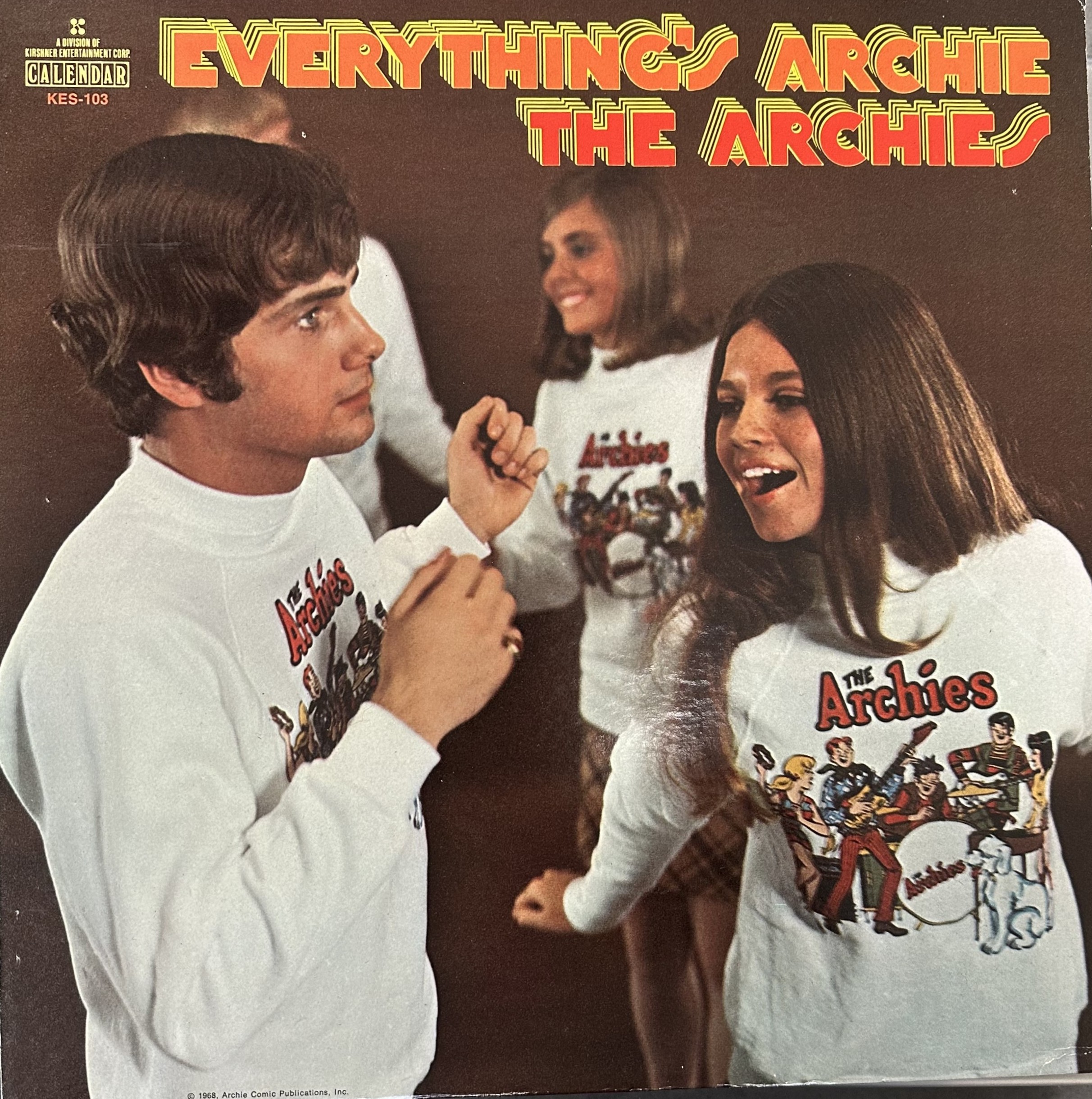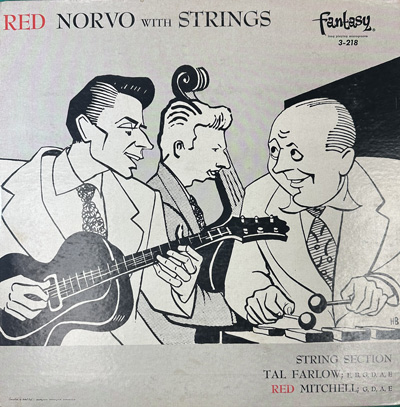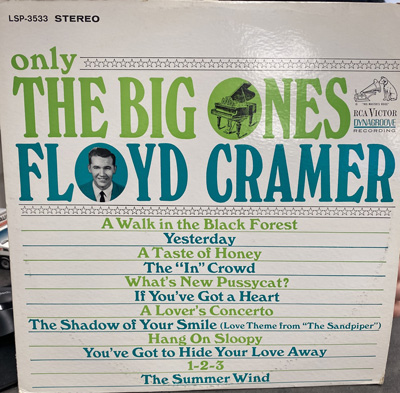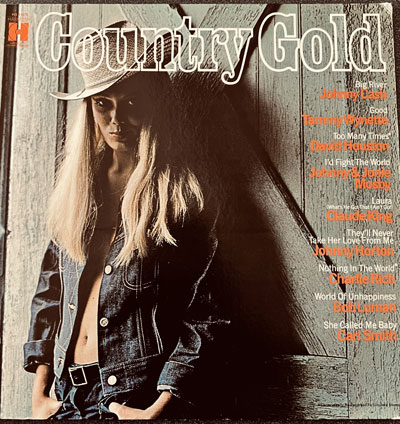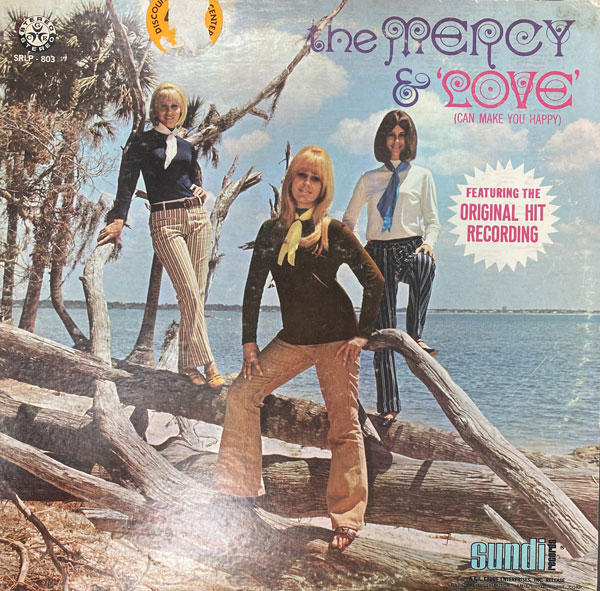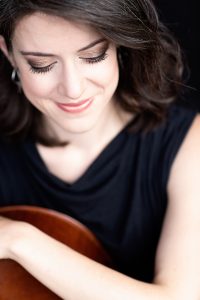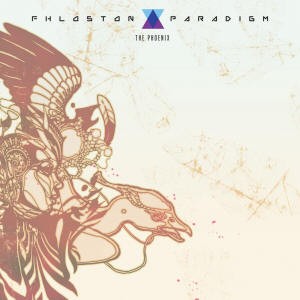Way back in the 50s a phenomenon known as the folk sampler LP existed. The company best known for making folk sampler LPs was Elektra. Other companies, like Vanguard and Prestige, culled their catalogs to create folk music samplers, but their results were sonically mediocre and musically bland. The competition simply couldn't match the musical dynamism or the sound quality of the Elektra folk samplers. Elektra started making samplers of folk, blues, and jazz in the mid 50s, a few years before the 60s folk revival. These twelve-inch LPs featured cuts from their current catalog, cuts from upcoming albums, and a few cuts that were never found anywhere else. Over the last 35+ years I've collected a number of mono Elektra samplers, such as Folk Sampler (SMP-2) from 1956, Folk, Pops, ‘n Jazz (SMP-3) from 1957, and Folk Sampler Five (SMP-5) from 1960. All of these LPs were mastered by Peter Bartok and they sound superb.
My first experience with the Elektra samplers happened in the early 70s when I found Folk, Pops, ‘n Jazz hiding in my dad's LP collection. I was flabbergasted by the utter clarity of the sound, beauty, and power of Ed McCurdy's magnificent baritone voice. My teenage brain was also stimulated by its first exposure to cool jazz, courtesy of the New York Jazz Quartet, whose members included flutist Herbie Mann and guitarist Joe Puma. By the late 80s I owned all of the albums listed above, and by the early 2000s I owned three copies of Folk Song 65 (S-78), a stereo sampler that came out in 1965 that sold for one crazy dollar. Folk Song ‘65 is also the subject of this document.
Folk Song ‘65 opens with "Long John" by Tom Rush, a singer who's always welcome on my turntable. I own two Rush LPs, but neither of them includes this fine cut. Rush has always sung in a pleasing relaxed manner, and this cut benefits greatly from John Sebastian's expert harmonica work. Also, the clarity of the harmonica is a genuine audiophile treat.
The second cut is the highpoint of side one, and it's one of the best cuts on the album. The song is sung by Judy Collins and it's called "So Early In The Spring." Judy Collins frustrates me. I love her voice, but so often she sounds sanctimonious. However, this song was recorded ten years before the cringe-inducing "Send In The Clowns." For me, this is Judy at her best, her folky best, and I'm crazy about this cut. I also love the way it sounds. It sounds sweet and effortless on Folk Song ‘65 and it always sounds crude on Judy Collins Fifth Album.
Judy is followed on the fourth cut by a fine interpretation of Bob Dylan's "Girl From The North Country" by Hamilton Camp, from his superb album Paths Of Glory (EKS-7268). In addition to his fine singing, Camp was famous for his duet work with folk singer Bob Gibson. Later on he was a TV actor, and a voice actor for Hanna-Barbera.
Turning the album over is mandatory, as side two opens with a jolt of electricity from The Paul Butterfield Blues Band. Side two cut one is the rarely-heard first recording of "Born In Chicago." This is not the version that opens Butterfield's debut album, an album that every rock lover should own, but rather a version that is much better recorded and more spontaneous. And, of course, any excuse to hear Mike Bloomfield's stinging guitar is always a good one. Also worth noting is how good this song sounds on this LP. The same recording is found on The Paul Butterfield Blues Band - An Anthology CD, but the organic sound of the LP is replaced by a hard transitory glare.
Overall I like side two better than side one. Side two cut three is another high point and it's by a singer who I really like. His name is Mark Spoelstra and the song is "White Winged Dove." I only have two cuts by Spoelstra, spread over two Elektra compilation LPs, but I really like his tenor voice, his guitar playing, and his energy. Spoelstra is followed by the great Fred Neil. Neil's work has been praised in many corners, and I could really use a bit more of his music. His deep voice is extraordinary and "Blues On The Ceiling" is a portal into the magical world of, well, Fred Neil.
Side two closes with "Power And The Glory'' by Phil Ochs. The title is an apt description of Danny Kalb's dynamic guitar playing during the opening of the cut. Och's voice takes some getting used to, and after twenty years I still find it peculiar, but in small doses I really enjoy Phil Ochs, and the sound is in wide panoramic stereo and full of color.
So there you have it. Folksong ‘65 is a terrific folk record from 1965 that sold for one dollar. It featured top notch folk talent, a jolt of electric blues, and some really good sound. It's a pleasure knowing that it resides on my folk miscellaneous shelf, and it's an even greater pleasure when it's spinning on my turntable.







